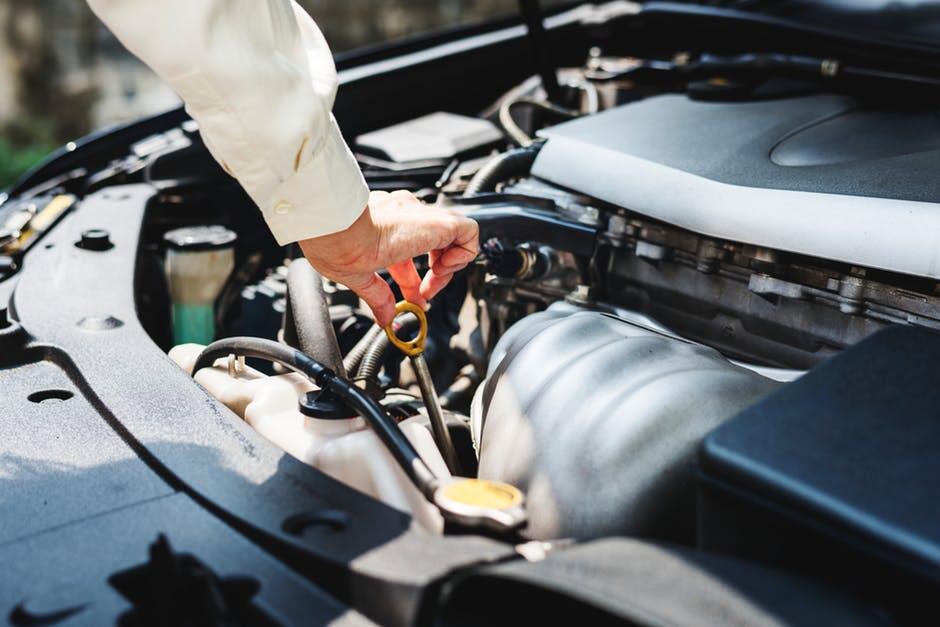When it comes to maintaining equipment and ensuring safety, a leak tester is a crucial tool. Like a superhero for machines, it helps find hidden leaks that could cause problems or even accidents.
These leaks can waste resources, cause damage, or create dangerous situations. But with so many types of leak detection tools available today, how do you choose the right one for your needs?
Types of a Leak Tester
Leak testers come in various forms, each designed for specific tasks. Understanding the different types can help you select the best one for your situation:
Pressure Decay Testers
These testers measure leaks by checking if air or gas pressure decreases over time. If the pressure drops, a leak is likely present.
Helium Leak Testers
Helium is a small molecule, making it perfect for finding tiny leaks. This type works well in industries where accuracy is crucial.
Mass Flow Leak Testers
These testers monitor the flow of gas to find leaks. They are useful for products requiring stringent quality control.
Ultrasonic Leak Detectors
These tools listen for the sound of escaping gas. They are beneficial in large areas where traditional methods might miss small leaks.
Factors to Consider When Choosing a Leak Tester
Picking the right leak tester involves considering several factors to ensure you get the most suitable one for your needs:
Type of Testing Required
Different applications require different types of leak testers. If you’re working with gases, ultrasonic or helium detectors might be the best choice. For fluid testing, pressure decay or mass flow testers could be more appropriate.
Size and Scale of the Application
Think about how big the items you’re testing are. For small, delicate parts, using handheld testers may suffice. If you’re testing large industrial systems, you might need bigger, more sophisticated equipment.
Accuracy of Measurements
Consider how precise you need the readings to be. For instance, industries like aerospace or pharmaceuticals often require accurate leak measurement, while other applications may accept less exact results. Look for testers that offer a suitable level of accuracy for your particular needs.
Ease of Use
Some leak testers are complicated and require technical know-how, while others are user-friendly for anyone. Think about who will be using the tester.
Budget
Cost is an important factor when choosing testing equipment. Set a budget before you start shopping to narrow down your options. Remember, quality matters, so don’t automatically choose the cheapest option. preventing costly leaks.
Where to Find Leak Testing Equipment
There are many places to buy leak testers, including online marketplaces, specialty equipment stores, and manufacturers. For high-quality products, consider purchasing from reputable manufacturers such as Zaxis Inc. Their expertise in creating best leak testing equipment ensures that you’ll find reliable tools to meet your needs.
Tips for Effective Leak Testing
To make the most out of your leak testing process, keep these tips in mind. Always follow the manufacturer’s instructions for your leak tester. Regularly calibrate your equipment to maintain accuracy.
Conduct tests in controlled environments when possible to reduce outside influences. Keep a record of your tests for better maintenance schedules and future reference.
Making the Right Choice for Your Leak Testing Needs
Selecting the right leak tester is essential for efficient and safe operations in various industries. By considering the types of testers, key factors, and following effective testing tips, you can ensure that you obtain the best results. Make a wise investment in providing safety through reliable industrial leak testers that serve your needs well.
For more helpful tips, check out the rest of our site today.




